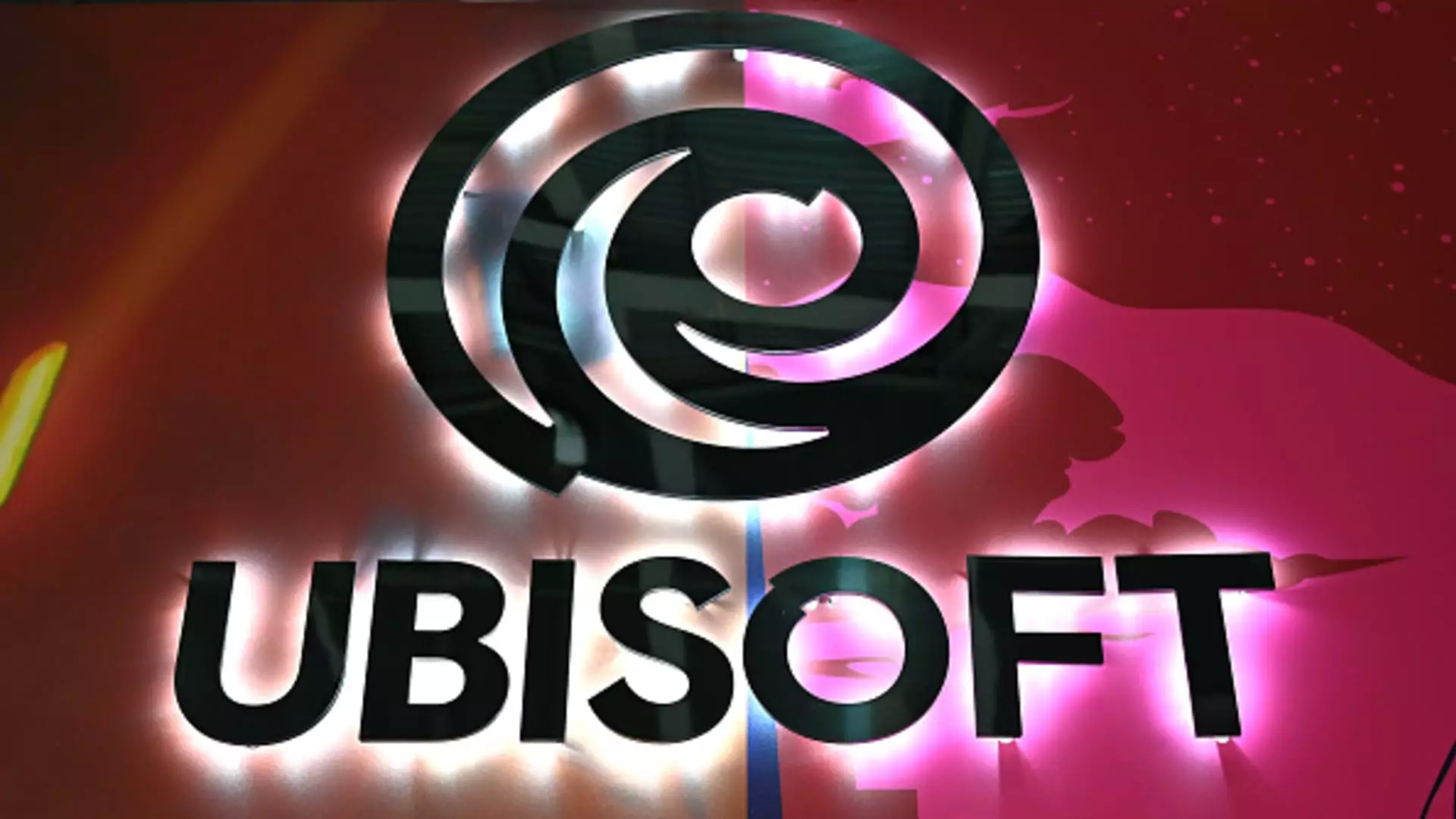Ubisoft, a cornerstone of the global gaming industry known for its iconic franchises, has recently found itself amidst significant turmoil, culminating in its stock surging over 30%. This spike can largely be attributed to media reports hinting at a possible buyout by Tencent and the company’s founding Guillemot family, both of which hold minority stakes in Ubisoft. Investors have reacted positively, focusing on the speculation of a buyout as a potential lifeline for the beleaguered firm. The report by Bloomberg News outlines that with Ubisoft losing over half of its market value throughout the year, drastic measures, including the sale of the company, are under serious consideration.
As Bloomberg detailed, one of the scenarios being discussed involves a strategic partnership between Tencent and the Guillemot family, potentially taking Ubisoft private. The idea of a buyout comes at a time when shares reflect decade-low valuations, highlighting the discontent among stakeholders. Ubisoft’s decision to postpone the release of “Assassin’s Creed Shadows” and to lower financial projections further complicates matters. These developments suggest not only internal strife but also a reaction to a broader market malaise affecting triple-A game publishers.
The challenges are magnified by a recent announcement from AJ Investments, an activist investor, which called for substantial changes at Ubisoft. The firm’s criticism of current management implies a lack of confidence in the company’s strategic direction. The letter from AJ Investments, which captured support from 10% of shareholders for its agenda, emphasizes the urgency for a turnaround strategy, including either a sale to private equity or Tencent.
Ubisoft’s financial forecasts paint a bleak picture. The firm recently slashed its net bookings guidance for the 2025 fiscal year to approximately €1.95 billion, a stark reduction from the €2.32 billion reported in the previous year. This downward trajectory indicates that Ubisoft is grappling with more than just a few bumps in the road; it points to systemic issues related to game releases and audience engagement. Their recent release of “Star Wars Outlaws” has not met market expectations, spurring doubts about the overall appeal of its titles.
From a macroeconomic perspective, the gaming industry itself faces headwinds. Projections indicate a modest growth of only 2.1% in 2024, a stark contrast to the explosive growth witnessed during the pandemic. Analysts suggest that consumers are increasingly drawn to established titles rather than new offerings, thereby straining revenues for companies like Ubisoft. James Lockyer of Peel Hunt attributed this trend to a combination of financial constraints on consumers and an oversaturated market, resulting in diminished returns for new games.
In light of these revelations, the prospect of a buyout could be interpreted as a double-edged sword. On one hand, it gives Ubisoft a fighting chance to reorganize and revitalize itself with the backing of robust partners. On the other, it reflects a reactive stance to an unforgiving market, underscoring the company’s precarious position on the brink of possibly losing its independence.
The implications of a successful buyout extend beyond just Ubisoft; they resonate throughout the gaming industry. If Tencent, one of the largest technology companies in China with a significant foothold in gaming, were to assume greater control, it could reshape Ubisoft’s portfolio and strategic focus. Established in popular titles like “Honor of Kings,” Tencent’s experience in maximizing player engagement through monetization strategies might benefit Ubisoft’s waning sales.
Moreover, the attention solicited by AJ Investments could encourage other stakeholders to reassess Ubisoft’s trajectory. The focus on enhancing management effectiveness may prompt the exploration of innovative collaborations or fresh ideas aimed squarely at rejuvenating the gaming catalog. The management review initiated by CEO Yves Guillemot hints at an acute awareness of the need for operational improvements—essential steps in aligning corporate strategy with evolving market dynamics.
While the rumored buyout of Ubisoft by Tencent and the Guillemot family signals a potential departure from its current tailspin, the broader ramifications of such a move might also trigger important conversations around business practices, product development, and industry resiliency in the face of unprecedented market pressures. Only time will tell whether these maneuvers will lead to a strengthened Ubisoft or whether the current challenges are merely the beginning of deeper issues within the company’s operational framework.

